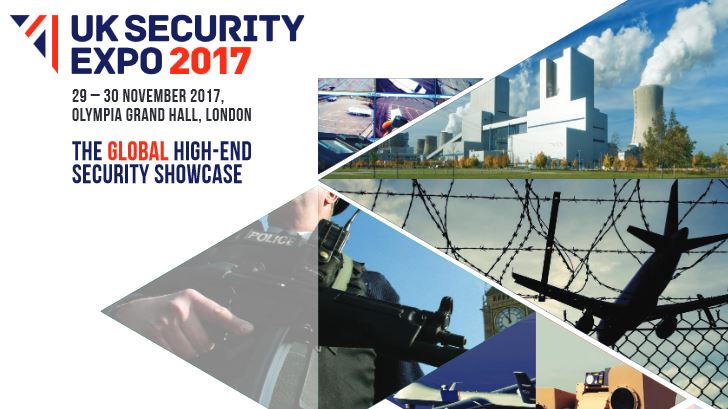 It is an important idea in the context of both safety and security and is especially relevant where there is a possible risk or threat to the security of assets or the safety of people. Situational Awareness depends on perspective: if you don't have a view of what is around the corner / beyond the fence / out there in the dark, then you cannot be aware of any imminent threat located there.
It is an important idea in the context of both safety and security and is especially relevant where there is a possible risk or threat to the security of assets or the safety of people. Situational Awareness depends on perspective: if you don't have a view of what is around the corner / beyond the fence / out there in the dark, then you cannot be aware of any imminent threat located there.
So Situational Awareness varies from person to person depending on their location and also the perceptive tools available to them. Such tools include; radio contact with observers at different locations, vision enhancement such as thermal imaging or binoculars, statistical data regarding the probability of a given type of incident at a particular location (e.g. crime stats by post code), CCTV, radar, intelligent fence and video analytics.
There are two major contexts in which to consider situational awareness: firstly personal safety and secondly the physical security of people and assets for which you have a safeguarding responsibility. The focus of this white paper is the latter and the overall context is that of Physical Security Information Management. In this sense Situational Awareness is the result of an effective surveillance system.
Our goal is to present a model to help you use the Situational Awareness concept to improve your own organisation's security.
We offer a practical method to plan improvements.
Surveillance is about Risk Management
The correct approach to designing a surveillance system for maximum Situational Awareness is to start with a robust analysis of risk. There are several popular methodologies that you might consider as a starting point to analyse and manage risks. The most helpful in terms of designing a surveillance system is known as the Bowtie Model - see white paper for explanation (although a Fault Tree or even a simple list-based risk assessment is also a useful starting point).
Essential technologies for total Situational Awareness
► An integrating PSIM system that is open protocol
► A range of camera types including PTZ, fixed dome, 360 and thermal
► Advanced video analytics / VCA
► Radar
► PIDS
► Human surveillance (patrols, system operators) optimised via technology
Common gaps in Situational Awareness:
► Reliance on human security
► No thermal imaging
► No automation (cause and effect)
► Ineffective command and control and workflow automation
► Lack of integration
► Preventive controls do not allow enough response time once triggered
To learn more take a look at the
Contact us for more information on any of the above or the technology mentioned in it. We supply complete, tailored PSIM solutions.








 It is an important idea in the context of both safety and security and is especially relevant where there is a possible risk or threat to the security of assets or the safety of people. Situational Awareness depends on perspective: if you don't have a view of what is around the corner / beyond the fence / out there in the dark, then you cannot be aware of any imminent threat located there.
It is an important idea in the context of both safety and security and is especially relevant where there is a possible risk or threat to the security of assets or the safety of people. Situational Awareness depends on perspective: if you don't have a view of what is around the corner / beyond the fence / out there in the dark, then you cannot be aware of any imminent threat located there.
